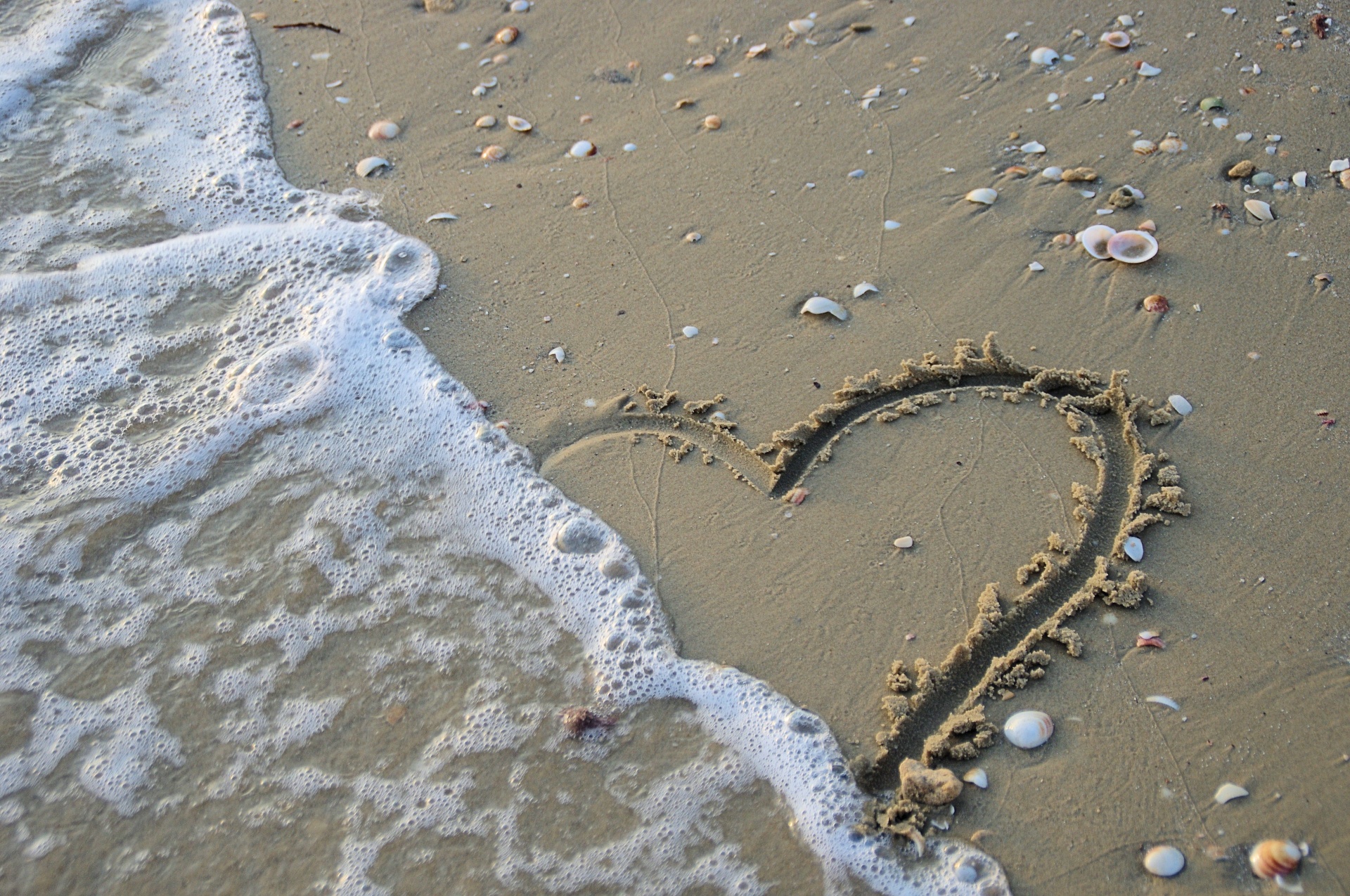The problem with Love Island and mental health

Olivia Richards discusses the impact of Love Island on contestants’ mental health, and the wider issues of internet abuse and trolling that this exposes.
After a long break, Love Island has returned for a seventh season and once again, there already seem to be concerns surrounding the Islanders’ mental health. As we approach the halfway mark of the two-month long show, some contestants have already attracted a lot of negativity online, such as Chloe Burrows and Toby Aromolaran, whose social media accounts have been flooded with death threats after they coupled up, leaving Kaz Kamwi, his previous partner, in the lurch. Families of these Islanders, who are responsible for managing their profiles while they are away, have even had to get involved, posting on their stories to try and stop the hate messages. This has led me to question the impact the ITV2 show can have on its contestants, as they are subjected to online hate without even knowing, since one of the rules of Love Island is that the Islanders have to live in an airtight bubble from the outside world. In the past this has left contestants struggling with life after the villa as they can often feel overwhelmed and bombarded with negativity.
Social media can play a big factor in contestants’ mental health, as the anonymity of hiding behind a screen makes it easier for people to send horrible messages to those that they don’t like or disagree with, which can make it hard to protect Love Islanders who in the past have also received amounts of online hate and criticism. This is sadly reflected in the two suicides from previous Love Islanders, Sophie Gradon from season 2, who took her life in 2018 after a long battle with depression, and Mike Thalassitis from season 3, who killed himself in 2019. Both of these tragic losses highlight the need for producers at Love Island to take aftercare seriously and put in measures to protect those who join in the show not realising the impact it can have on their state of life.
It seems producers have focused on making the programme entertaining rather than prioritising how their contestants will be affected.
This also shows how it is evident that hit reality shows like Love Island have contributed to this era of trolling and spreading negativity across the internet, as producers of the show cast those with big personalities to drive their views, meaning that they need characters who will create drama. These people often face huge negative backlash from the public which can cause them to struggle mentally after leaving the show, such as the previously mentioned Sophie and Mike. This highlights how it seems producers have focused on making the programme entertaining rather than prioritising how their contestants will be affected. They want their viewers to be engaged, which can often mean people choosing their favourite Islanders as well as those that they don’t like, which is then spread across social media.
This year, Ofcom, the regulatory board for broadcasting, has issued new rules for producers of the ITV2 show and the obligations they have to their contestants, announcing that more stringent support will be in place for those who join the cast, such as the fact that aftercare will be increased with a minimum of eight therapy sessions being provided after filming as well as “proactive contact” with Islanders for a period of 14 months after the series has wrapped. Ofcom has also set rules about duty of care protocols that are in place before Islanders even enter the villa, such as having in depth conversations with contestants about the impact the show can cause. Producers have also subjected the cast to psychological and medical assessments to discover if there’s a history of mental health issues or vulnerability.
From watching this year’s season and reading responses on social media, I have found it shocking how fast people make snap judgements about those that they don’t know and spread it online.
However, with the well-known success and careers of Islanders after they leave the villa or the fact that since the pandemic the public haven’t been able to go abroad, applicants may not give an accurate picture of their mental health, knowing that a bad assessment could affect their chances of joining the show. Also, even after these conversations, reading the online abuse about themselves and the pressures they are subjected to on the show could still cause even a healthy person’s mental health to deteriorate.
From watching this year’s season and reading responses on social media, I have found it shocking how fast people make snap judgements about those that they don’t know and spread it online. Even with these new measures in place, from seeing the history of the show’s effect on lives and the very real death threats today’s Islanders are receiving, I don’t know whether this is enough to protect those who transition from everyday people to current high-profile celebrities within a matter of two months, which in itself can be hard to adjust to without being subjected to online abuse. Sadly, what is clear is that the internet can be a very cruel place within which there will always unfortunately be trolls, and with the unpredictability of each individual and the power of social media, the mental health of those on reality TV shows like Love Island is always at risk.


